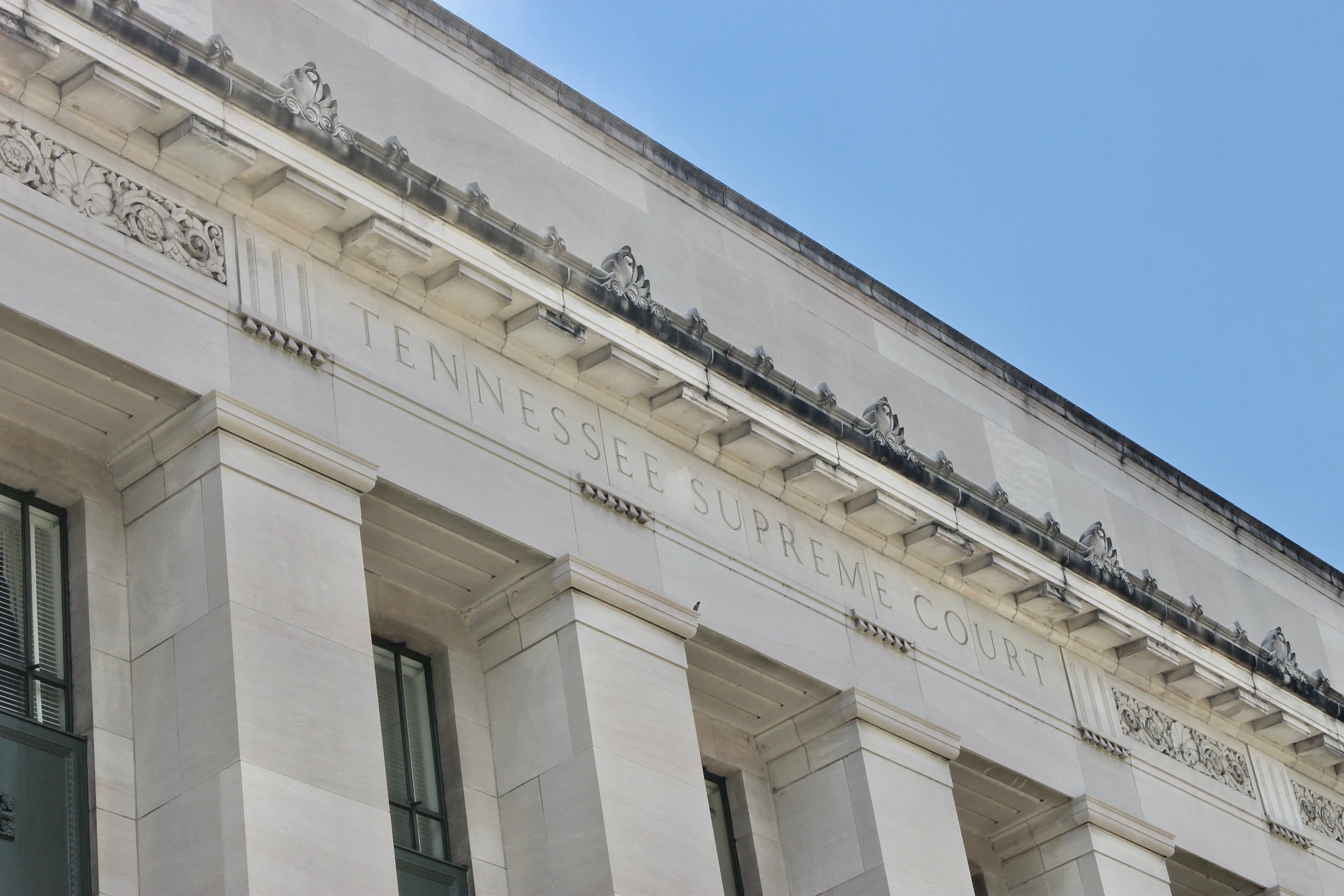Tennessee’s highest court on Wednesday overruled two lower courts and declared the state’s private school voucher law is constitutional.
The state Supreme Court issued its split decision in a statement noting that a “home rule” provision in the state’s constitution, which lower courts had cited as an obstacle, did not apply to the voucher law.
Justices Sharon Lee and Holly Kirby wrote the dissenting opinion.
The reversal essentially revives Gov. Bill Lee’s education savings account program, the signature legislation of his first year in office and the source of a fierce legal battle for more than two years.
The program aims to provide taxpayer money to pay toward private education for eligible students in public school districts in Memphis and Nashville. Lee set aside $29 million in the state’s upcoming budget to pay for starting up the program in the event that the high court ruled in his favor.
Tennessee has been a battleground state in the escalating tug-of-war between those who want to use taxpayer money to give parents more education choices and others who say that approach diverts money from already underfunded public schools.
After a decade of legislative defeats, voucher legislation narrowly passed in 2019 under a GOP supermajority.
But a Nashville judge blocked the controversial program from launching in 2020 in a ruling that was unanimously upheld by the state Court of Appeals. The lower courts said the voucher law violated the state constitution’s “home rule” provision because it applied only to districts in the state’s two largest cities without their consent.
A Republican proposal to revise the embattled law to try to address the home rule issue narrowly failed in a House subcommittee in March.
In April, however, the legislature voted to replace Tennessee’s formula for funding K-12 education with a voucher-friendly one. Developed by Lee’s administration, the plan will require calculations that enable funding to easily follow a student to private schools and public charter schools, which the governor is also working to multiply. But Lee has said his funding plan is unrelated to vouchers or charters.
The legislature’s pivotal 2019 voucher vote continues to be the source of controversy and questions. A 49-49 tie in the House appeared to kill the bill, until then-Speaker Glen Casada held the vote open for 38 minutes and persuaded Rep. Jason Zachary, a Knoxville Republican, to flip his position in favor of the governor’s plan.
Casada later resigned as speaker in a texting scandal, and his home was searched as part of an FBI investigation into allegations of corruption on Capitol Hill. Casada has denied reports that he offered another lawmaker an incentive to switch his vote on the voucher bill to yes, and Lee has denied knowledge of any such offer.
The voucher law designated about $7,300 annually to each eligible student who moves from public to private schools. The program was to start with up to 5,000 students in its first year, potentially reaching 15,000 students by the fifth year.
Attorneys representing Davidson and Shelby counties argued the change would impose a financial burden to their local school systems by diverting millions of dollars to private education.
But the state’s attorneys contended that the home rule argument didn’t apply in this case.
The state Supreme Court ultimately agreed. “The majority concluded that the ESA Act is not applicable to the Plaintiff counties because the Act regulates or governs the conduct of the local education agencies and not the counties,” the court said in a statement. “Thus, the Act does not violate the Home Rule Amendment.”
The high court’s ruling came after an unusually long review. The five-judge panel heard oral arguments last summer before Justice Cornelia Clark died in September. It then opted to rehear the case in February with Court of Appeals Judge Thomas R. Frierson sitting in for Clark’s replacement, Justice Sarah Campbell, who was appointed by Lee in January and recused herself from the voucher case because she previously worked for the state attorney general.
Marta W. Aldrich is a senior correspondent who covers the statehouse for Chalkbeat Tennessee. Contact her at maldrich@chalkbeat.org.







